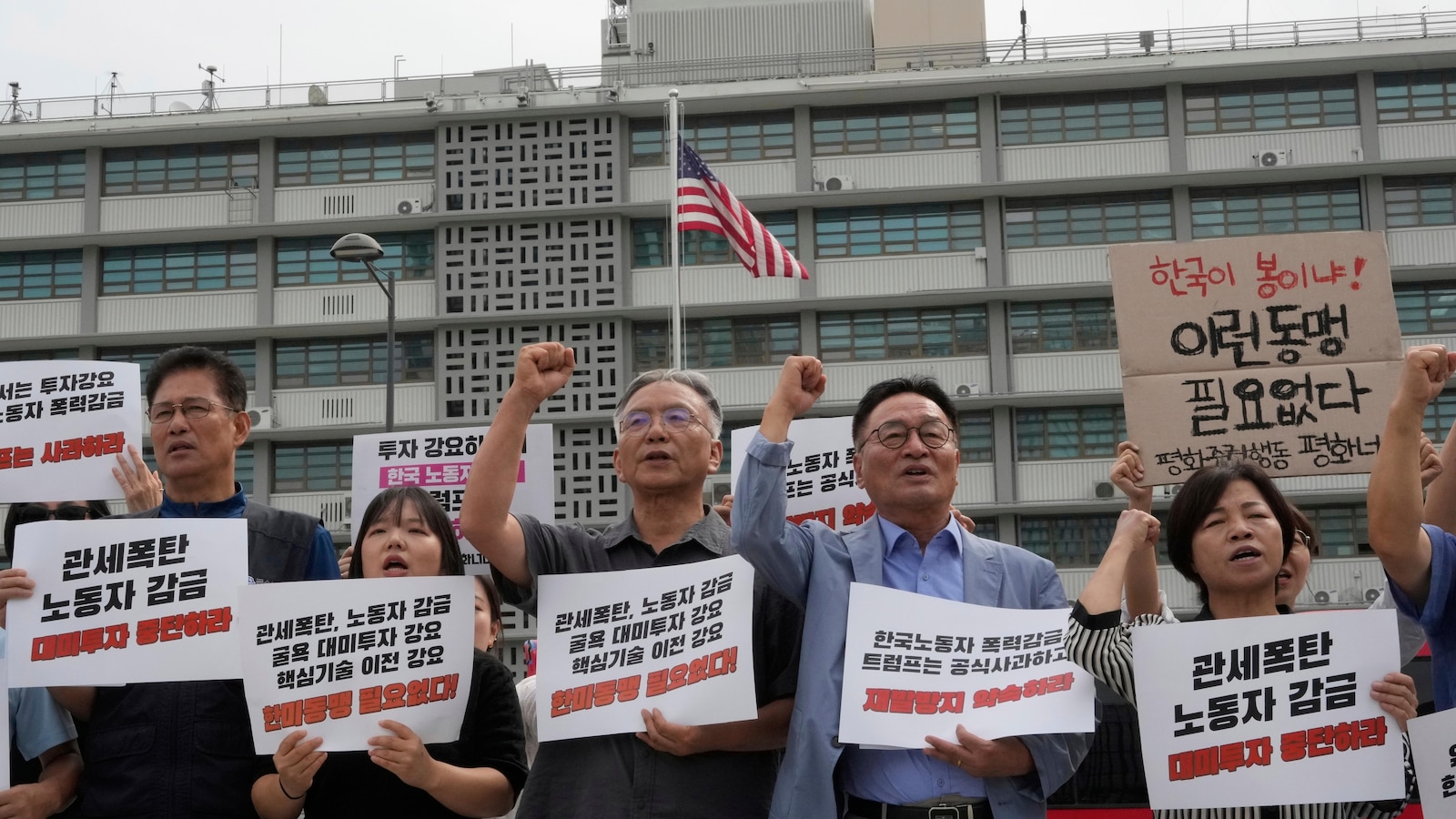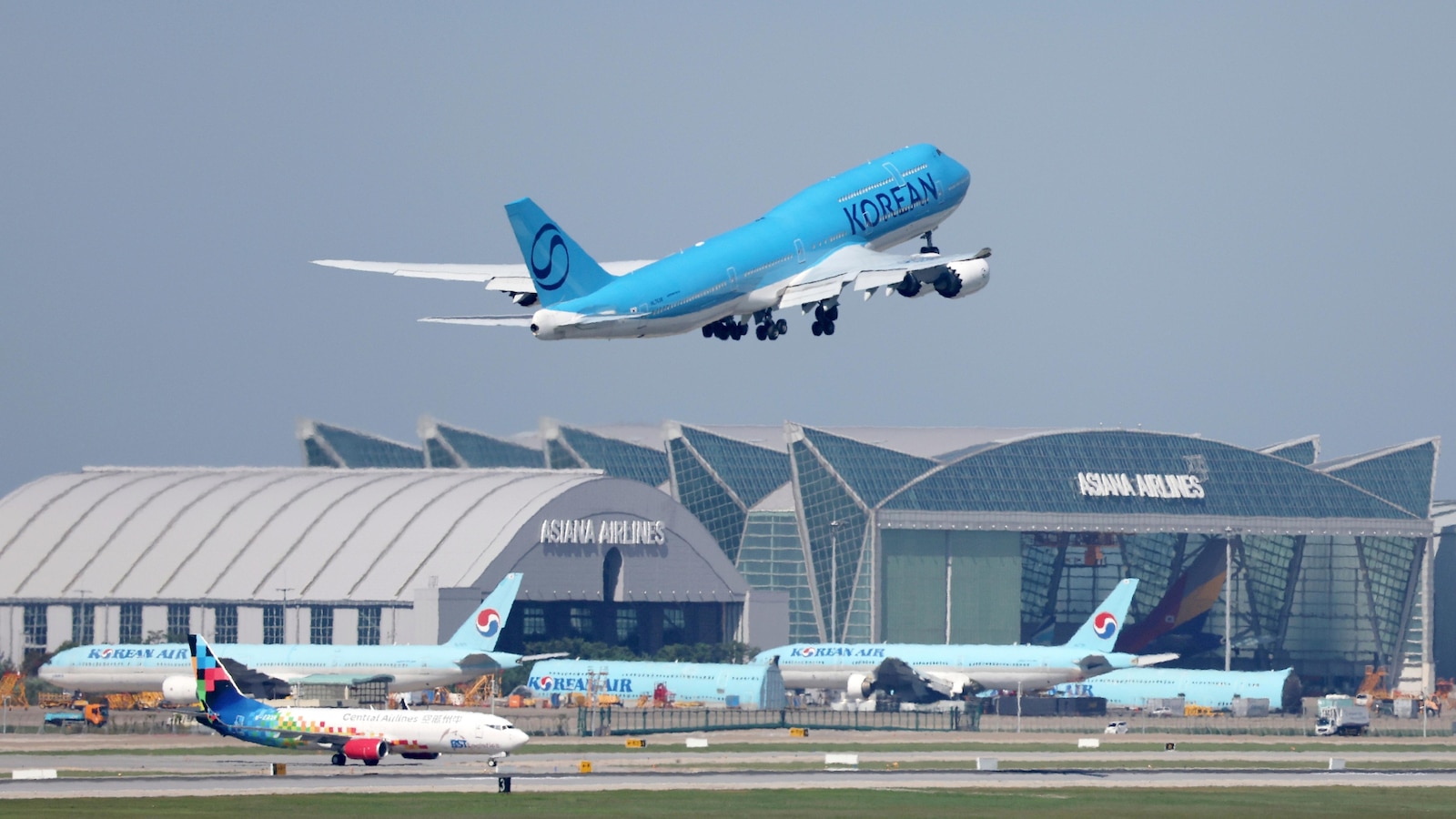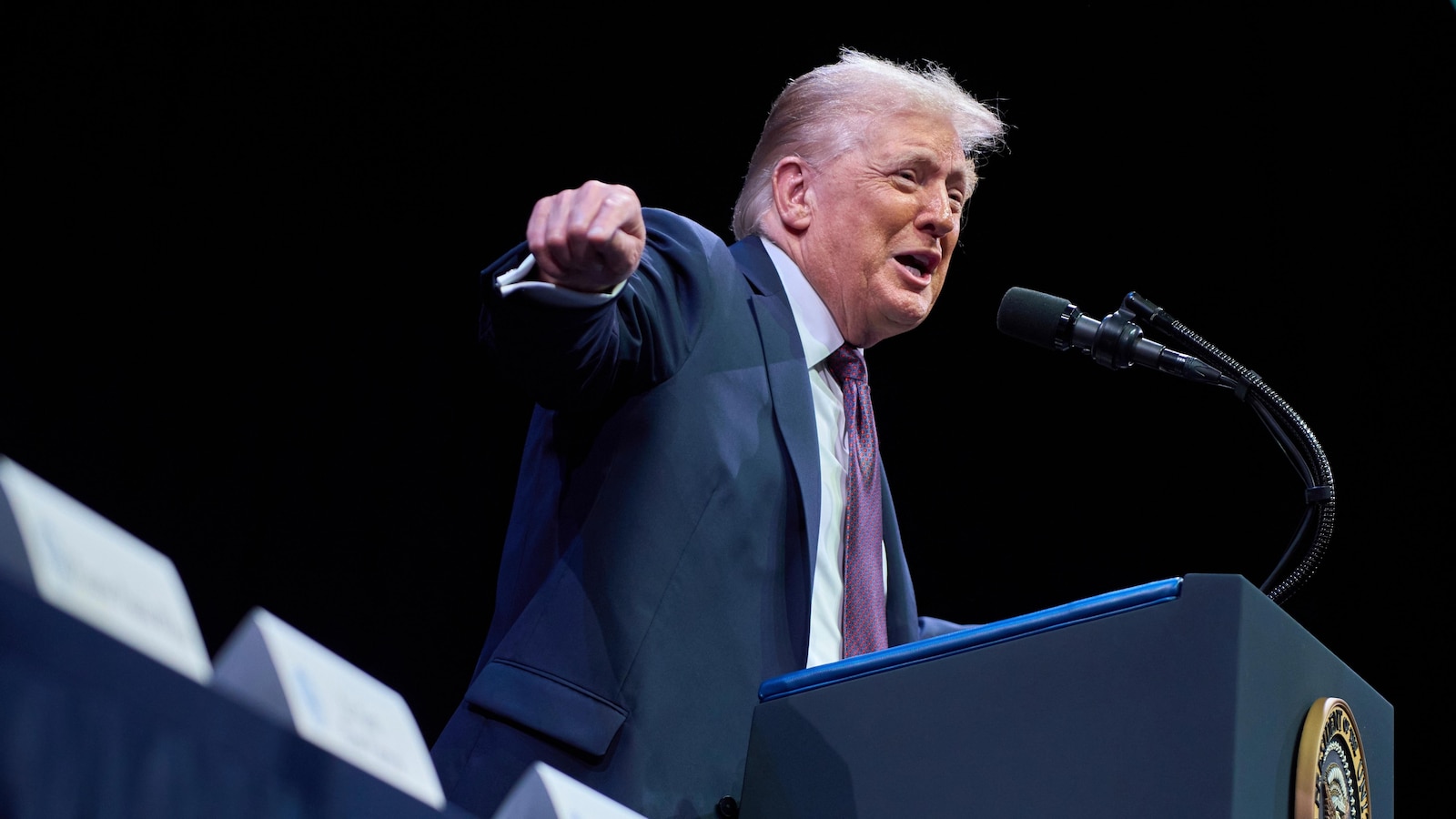Title: Impact of Trump's Tariffs on U.S. Companies' Sales in China: Insights from Recent Survey
In a landscape marked by shifting economic dynamics, a recent survey has illuminated the ramifications of President Trump's tariffs on the sales performance of U.S. companies operating within the Chinese market. As trade tensions continue to escalate, the findings underscore a growing concern among American businesses regarding their competitiveness in one of the world's largest economies.
The imposition of tariffs, initially aimed at addressing trade imbalances, has had a ripple effect that extends beyond mere numbers. For many U.S. companies, the increased costs associated with these tariffs have begun to translate into diminished sales figures in China, a key market for numerous industries. The survey reveals that a significant portion of American firms has experienced a noticeable decline in demand for their products and services, as Chinese consumers and businesses adjust to the new economic landscape.
Respondents to the survey expressed a mix of apprehension and strategic recalibration. Many companies are grappling with the dual challenge of maintaining profitability while navigating the complexities of a tariff-laden environment. As prices rise due to tariffs, the purchasing power of Chinese consumers may be adversely affected, leading to a decrease in overall sales volume for U.S. brands.
Moreover, the survey highlights a shift in consumer sentiment, with some Chinese buyers increasingly turning to domestic alternatives that are not subject to the same tariff burdens. This trend poses a significant threat to U.S. companies that have long relied on the Chinese market for growth. The competitive landscape is evolving, and firms must now consider innovative strategies to retain their market share.
In response to these challenges, many U.S. companies are exploring various avenues to mitigate the impact of tariffs. Some are considering relocating production facilities to countries with more favorable trade agreements, while others are investing in marketing campaigns aimed at reinforcing brand loyalty among Chinese consumers. The adaptability of these companies will be crucial as they seek to navigate the complexities of the current trade environment.
The survey findings serve as a wake-up call for stakeholders across industries. As tariffs continue to shape the economic relationship between the United States and China, companies must remain vigilant and responsive to the changing tides. The ability to pivot and adapt will determine not only their short-term success but also their long-term viability in an increasingly competitive global marketplace.
In conclusion, the implications of Trump's tariffs on U.S. sales in China cannot be understated. As the survey illustrates, the impact is profound, affecting not only sales figures but also the strategic direction of American businesses. In an era defined by uncertainty, the resilience and innovation of U.S. companies will be tested as they strive to maintain their foothold in the vital Chinese market.


















































 English (US) ·
English (US) ·